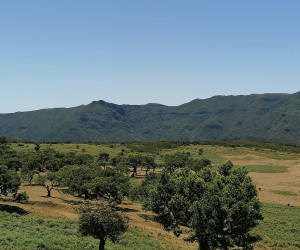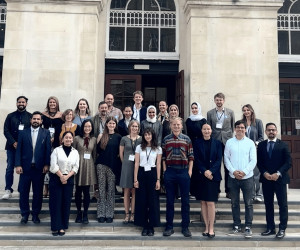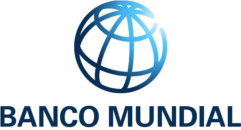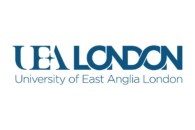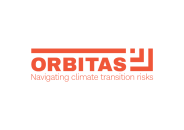Economic Analysis
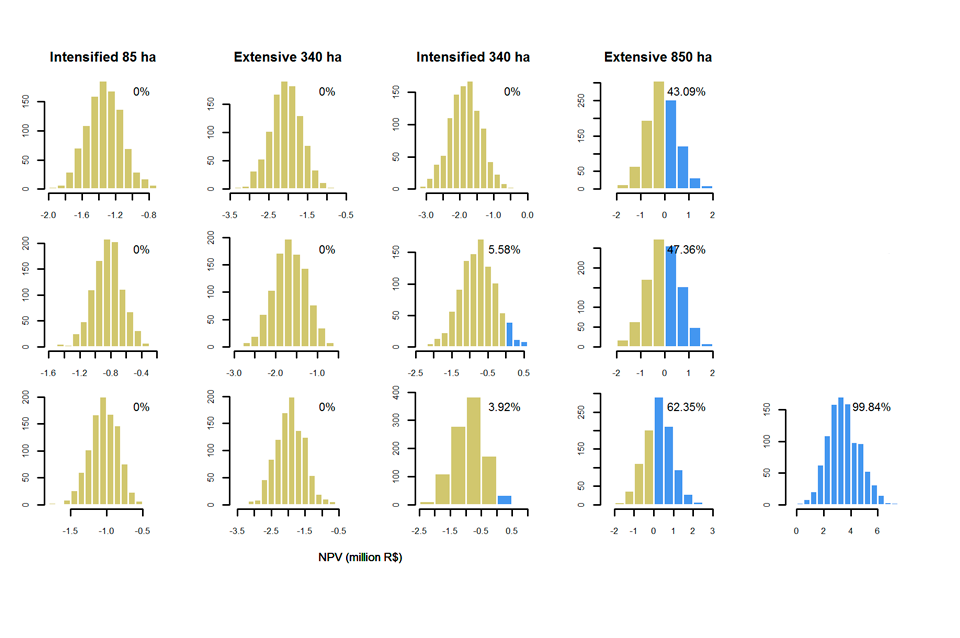
Economic analysis is used as a tool to optimize the production methods and public policies, in addition to conserving and valuing natural heritage, in a perspective of sustainable development.
Our work can be exemplified through the wide range of projects, such as the identification of economically viable models for rural producers, which enable income from recovered areas and strategies for promoting large-scale recovery, or the study of REDD + strategies (Reduction Emissions from Deforestation and Forest Degradation, plus Sustainable Forest Management) to assess possible mechanisms for reconciling agricultural expansion, avoiding deforestation and understanding the implementation challenges with a focus on the financial requirements and management of potential risks.
Related Content

Room to Grow: The Economic Case for Forest Restoration in Brazil
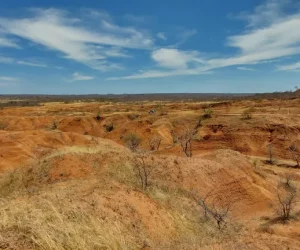
World Day to Combat Desertification and Drought (17 June)

10.06.25
Bernardo Strassburg Talks About How We Can Restore One Million Hectares of Degraded Land
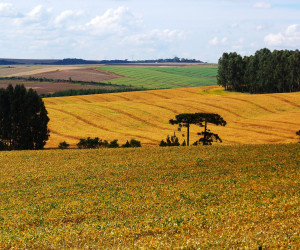
Ecosystem Restoration as an Opportunity for Climate Transition in Land Use in Brazil
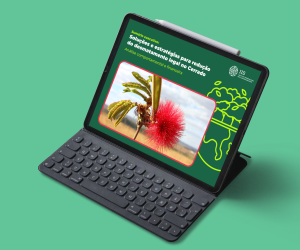
Executive Summary: Solutions and Strategies for Reducing Legal Deforestation in the Cerrado

07.01.25
IIS completes 15 years of history, impact and achievements!

07.01.25
For the third consecutive year, Bernardo Strassburg is elected one of the most influential researchers in the world

Biodiversity credits: a promising financial solution for sustainable and deforestation-free agriculture
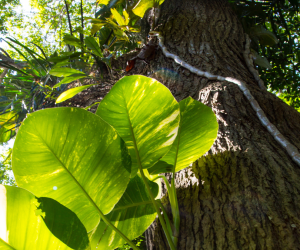
Boosting Assisted Natural Regeneration: Solutions for Mato Grosso and Pará
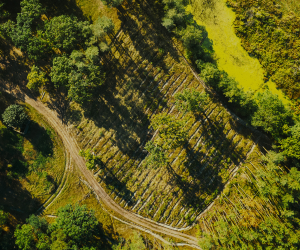
Priority Areas for Native Vegetation Restoration in Brazil
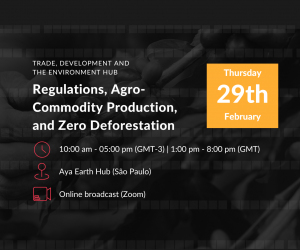
09.02.24
Video: Regulations, Agro-Commodity Production, and Zero Deforestation
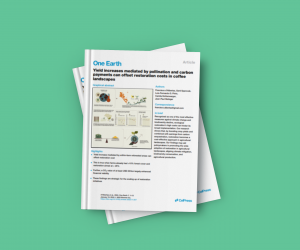
Yield increases mediated by pollination and carbon payments can offset restoration costs in coffee landscapes
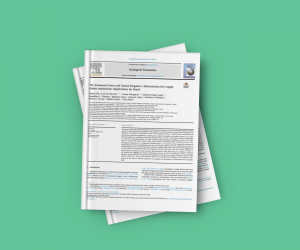
The European Union and United Kingdom’s deforestation-free supply chains regulations: Implications for Brazil
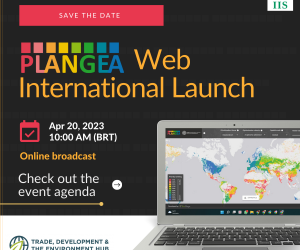
13.04.23
Video: PLANGEA Web International Launch
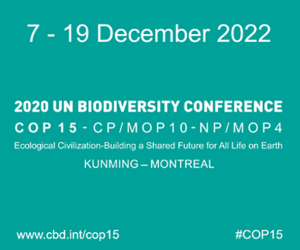
06.01.23
IIS contributes to different targets of the Post-2020 Global Biodiversity Framework (Post-2020 GBF)

IIS-re.green partnership to restore at least 1 million hectares of forests
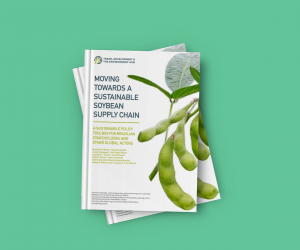
Policy Brief: Moving towards a sustainable soybean supply chain – a sustainable policy toolbox for Brazilian stakeholders and other global actors
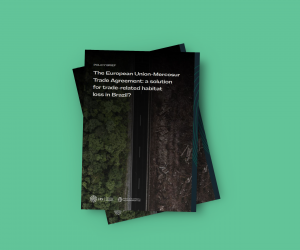
Policy Brief: The European Union-Mercosur Trade Agreement: a solution for trade-related habitat loss in Brazil?
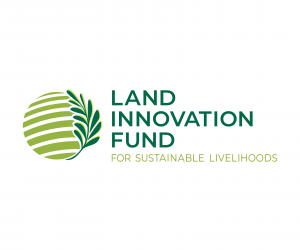
Behavioral Sciences applied to a sustainable soy chain
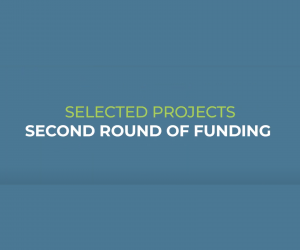
11.05.22
IIS´s project is selected in the second call for funding from the Land Innovation Fund for South America

04.02.22
Bernardo Strassburg, Executive Director of IIS, listed as one of the best scientists in the world by Stanford University and Elsevier
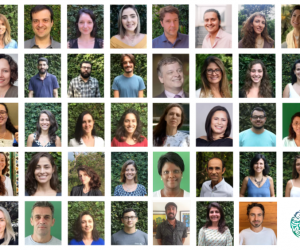
21.12.21
What have we learned in 2021? – IIS Retrospective
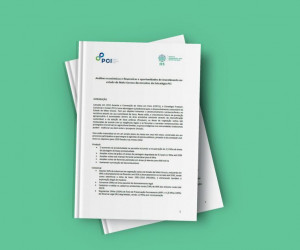
Economic and financial analysis of the investment opportunities in the state of Mato Grosso arising from the PCI Strategy
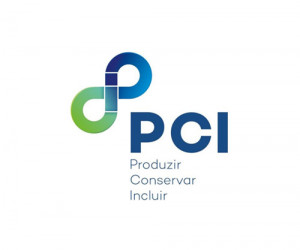
Economic and financial analysis of the investment opportunities in the state of Mato Grosso arising from the PCI Strategy
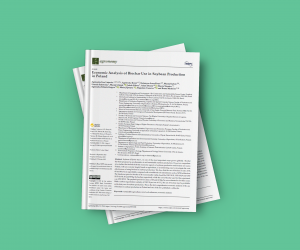
Economic Analysis of Biochar Use in Soybean Production in Poland
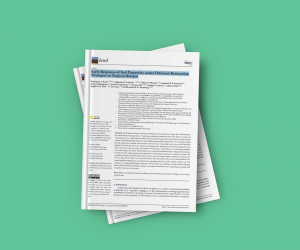
Early Response of Soil Properties under Different Restoration Strategies in Tropical Hotspot
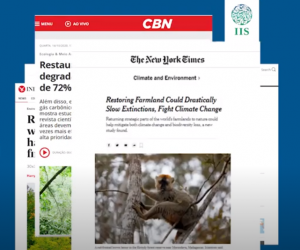
09.02.21
2020 in retrospective

Nature: Global priority areas for ecosystem restoration
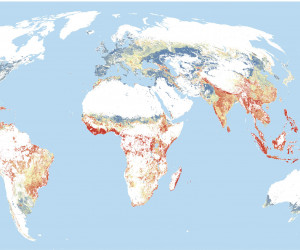
14.10.20
Restoring 30% of the world’s ecosystems in priority areas could stave off more than 70% of projected extinctions and absorb nearly half of the carbon built up in the atmosphere since the Industrial Revolution
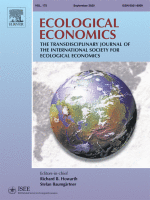
Ecological Economics: Costs and Carbon Benefits of Mangrove Conservation and Restoration: A Global Analysis
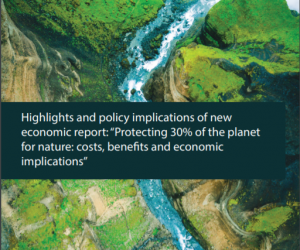
09.07.20
Economic Benefits of Protecting 30% of Planet’s Land and Ocean Outweigh the Costs at Least 5-to-1
Achieving cost-effective landscape-scale forest restoration through targeted natural regeneration
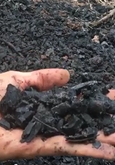
Biochar amendment improves degraded pasturelands in Brazil: environmental and cost-benefit analysis

GEF Private Areas – Conserving biodiversity and rural landscapes
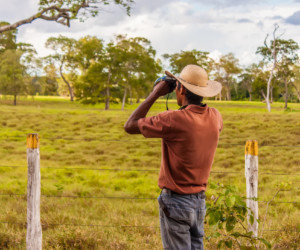
UKRI GCRF Trade, Development and the Environment Hub

Biodiversity and Ecosystems’ Economy Study (TEEB) – Paraíba do Sul River Basin – Paulista Portion / São Paulo
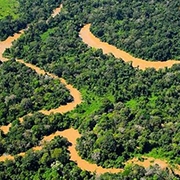
Evaluation of ecosystem services in the state of Acre
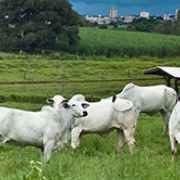
Increasing agricultural output while avoiding deforestation – Mato Grosso State analysis
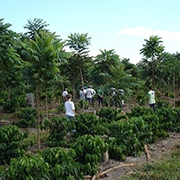
Decision-making towards a more sustainable agriculture
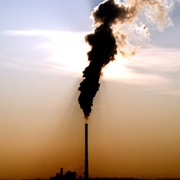
Economics of climate change in Brazil
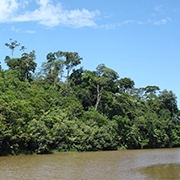
Large-scale ecological restoration of Mata Atlantica
Biodiversity: honour guidelines that reconcile world views

Sustainable Rural Development in Paraitinga River Basin, São Paulo State

14.10.19
CSRio Seminar – “Water Management as a common good ”
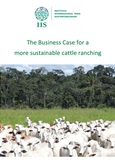
The Business Case for a more sustainable cattle ranching
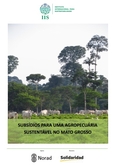
Subsidies for a sustainable agriculture in Mato Grosso
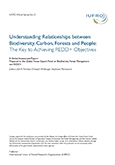
Understanding relationships between biodiversity, carbon, forests and people
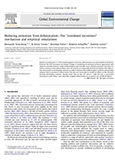
Reducing emissions from deforestation—The ‘‘combined incentives’’ mechanism and empirical simulations
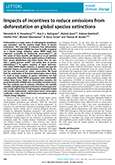
Impacts of incentives to avoid emissions from deforestation on global species extinctions

04.07.19
Brazil is the country with the greatest potential for regeneration of tropical forests
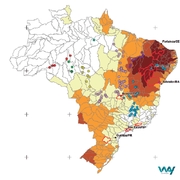
Climate Change, Critical Infrastructures in Brazil and Economic Damages (Portuguese only)
07.12.18
Deforest to warm up, warm up to impoverish
22.10.18
Preserved forest worth more than deforested land, study says
13.09.18
Agnieszka Latawiec, professor at PUC-Rio and IIS´ director, is awarded by the British Crown.
12.09.18
Researcher from Rio wins unprecedented prize from the world’s oldest scientific academy
25.09.17
Final TEEB project presentation for the Secretariat for the Environment of the State of São Paulo
11.11.16
Discussion forum with Bernardo Strassburg and Agnieszka Latawiec, from IIS, at the Global Landscape Forum held in Paris – 2015 (from the 36th minute)
15.04.16

